Featured Faculty & Graduate Students
Faculty Research Highlights
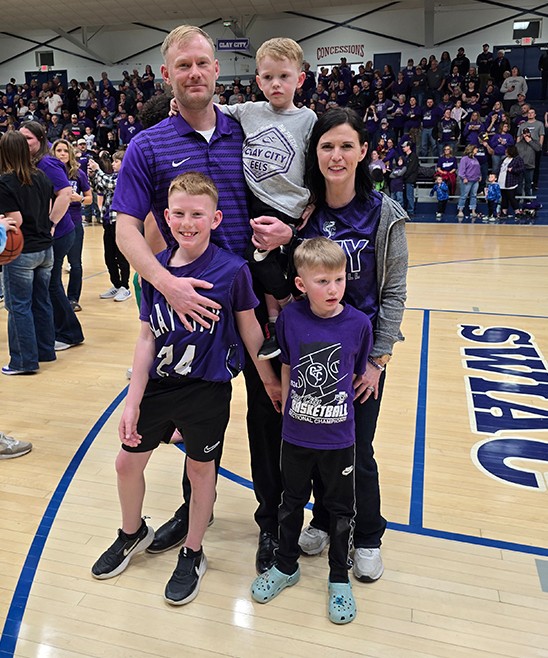
Dr Adrie Kohler | Associate Professor, Learning Design & Technology
Dr. Adrie Koehler is an Associate Professor of Learning Design & Technology in the Department of Curriculum and Instruction.
What is your Research Agenda?
My research focuses on the consideration of instructional strategies in teaching and learning processes across face-to-face, blended, and online learning. I focus on ways emerging technologies, specifically social media, can be used for instructional purposes; how instructors develop a presence in online settings and the impact of this presence; and methods to best facilitate case-based instruction. Across these areas, I have considered novices’ and experts’ experiences in order to inform how prepare preservice teachers can be effectively prepared.
What led you to be interested in this/these area(s)?
Prior to pursuing graduate school and a career in higher education, I was a high school business teacher. As a beginning teacher, I struggled to teach six or more classes every day and determine whether the learning experiences I was creating were effective. This prompted me to wonder whether other new teachers were having similar experiences.
What has been one of your most rewarding research experiences?
Without a doubt, one of the best parts of my job is working with students. One of the courses I teach is EDCI 674, Advanced Instructional Design Theory. In this class, students typically write individual papers, but I once had a group of students who opted to complete a collaborative autoethnography (much more work for them) to dig deeper and really analyze their own theoretical understanding. Seeing my students’ excitement and dedication to this project was amazing, and they published their research, “Instructional design learners make sense of theory: a collaborative autoethnography,” in Educational Technology Research & Development (a top tier journal).
Is there a publication that you are particularly proud of?
Last year, I published my first book, The ID CaseBook Case Studies in Instructional Design, 6th edition. After seeing how impactful case-based learning can be and using this book with many students to facilitate deep learning experiences, I was excited to be invited to join the editorial team for the 6th edition.
If you had unlimited funds and time, what would be your dream research project?
If I had unlimited funds and time, I would love to create a co-designed digital citizenship program with K-12 students and teachers, geared towards promoting skills that help teachers and students be effective consumers of digital content/navigate digital spaces.
What do you enjoy doing when you’re not conducting research?
When I’m not working, most of my energy and time goes to managing (attempting to manage?) my three boys and cheering for my husband’s basketball team (he’s an assistant varsity coach), which is fun (and exhausting)!
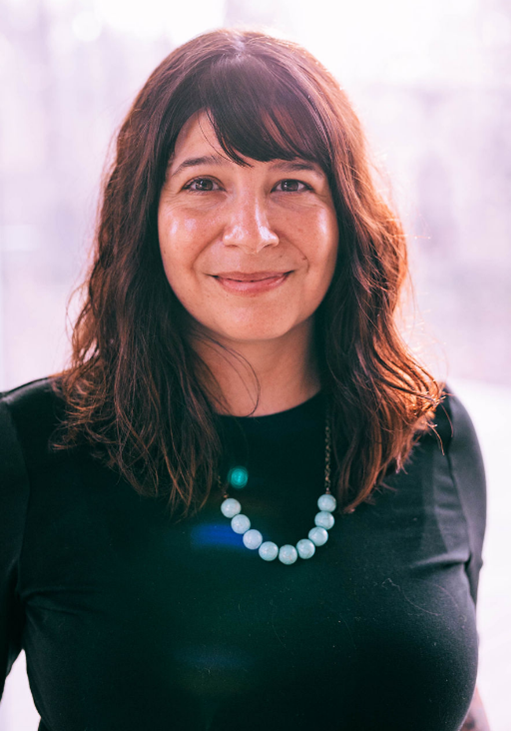
Dr. Stephanie Masta | Associate Professor, Curriculum Studies
What is your Research Agenda?
My research focuses on the experiences of Brown and Black individuals in K-20 educational environments, with a particular interest in Indigenous peoples and their relationships to academic spaces. I am also invested in uncovering the intersections of colonial and race within the academy.
What has been one of your most rewarding research experiences?
My most rewarding research experiences are those where I can collaborate with others—I’ve been fortunate to co-author with fantastic graduate and undergraduate students in multiple projects.
Is there a publication that you are particularly proud of?
I’m very proud of the manuscript I wrote titled “Classroom counterspaces: Centering Brown and Black students in doctoral education.” It was published in Teaching in Higher Education. Not only does the work highlight the places where I think I excel as an instructor but it provides good insight into how classrooms can be structured to support students.
If you had unlimited funds and time, what would be your dream research project?
My dream research project would include ice cream and eating a lot of it
What do you enjoy doing when you’re not conducting research?
I like to spend my free time playing Yahtzee, doing some type of fitness like running or hot yoga, and watching documentaries.
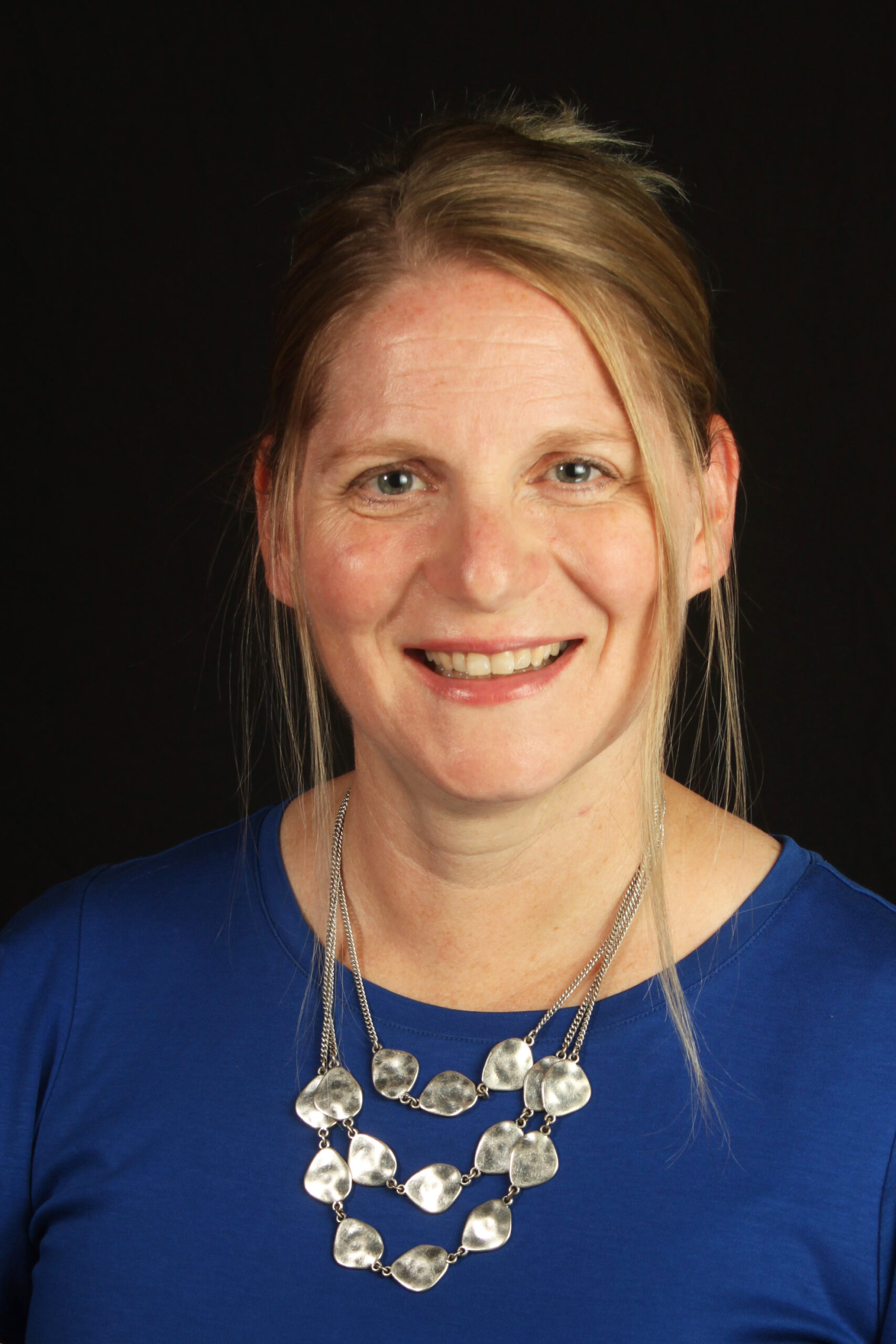
Dr. Fay Mentzer | Clinical Assistant Professor, Literacy and Language
Why did you choose a career at Purdue’s College of Education?
I love the progressive and collaborative nature of the elementary education program.
Describe a research or project you have completed.
My research focuses on examining the experiences of preservice teachers within the literacy education program. The aim is to identify strategies to enhance the program’s effectiveness and relevance for these future educators. Additionally, I am exploring methods to foster collaboration and integrate interdisciplinary approaches within the literacy curriculum.
Are there any recent or forthcoming publications you are excited about?
I am continuing to publish research on the experiences of preservice teachers.
What do you enjoy doing when you’re not conducting research?
I enjoy spending time outside – hiking or biking– with family, preferably in the mountains.
Featured Graduate Students
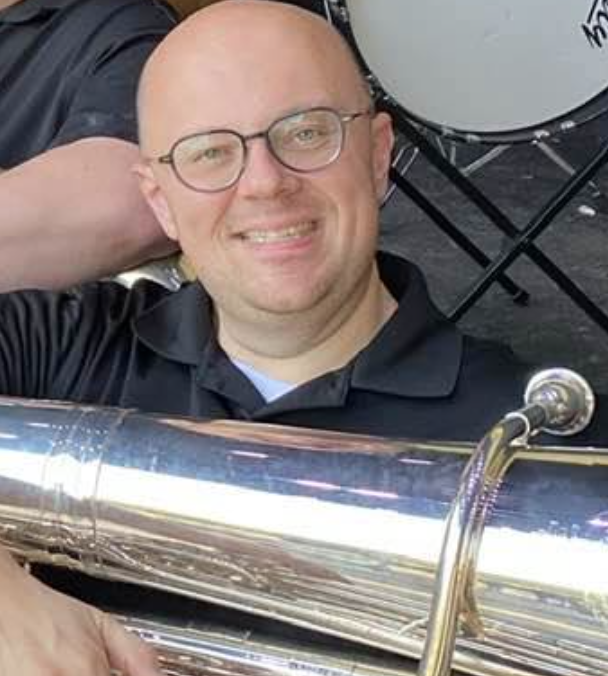
R. Mitchell Freeman | PhD Student | Learning Design and Technology
R. Mitchell Freeman is a first-year PhD student studying Learning Design and Technology in the Department of Curriculum and Instruction. Mitchell’s major professor is Professor Dr. Victoria Lowell.
Where are you from and what did you do prior to your PhD program?
I grew up in northeast Indiana, near Fort Wayne. Before the start of my Ph.D., I taught music (e.g., Band, Orchestra, Choir, and General Music) at the middle and high school levels, and I was an adjunct professor at a small university in Mishawaka, Indiana. I’ve also had the privilege of teaching in three different states (Indiana, Colorado, and Arizona) and seeing many of my students get accepted to colleges and universities around the country (a few even went to Purdue.)
Why did you choose Purdue and your area of concentration?
While completing my second master’s in Learning Design and Technology here at Purdue, I also applied for a Fulbright scholarship to study at King’s College in London (a rather challenging Fulbright scholarship to get) and work on my PhD there. During this process, I chatted with Dr. Lowell about what I would like to focus my research on while working on my PhD. After our discussions, she felt that if I didn’t get the Fulbright to Kings College, Purdue would be a great place for me. I finished my master’s, did not get the Fulbright, and applied here. The last year and a half have been amazing; I get to work with fantastic faculty and students! I am so grateful I was accepted and given this opportunity.
What are your areas of research interests? What led to your interest in these areas?
My interest in teacher professional development (TPD) developed before starting my second master’s degree at Purdue. I began to look at the teacher professional development the music education world constantly relied on to advance teacher education. (It primarily relied on hiring a consultant or going to conferences.) Most of the content was geared toward improving the scores for the state-level tests, but it had nothing to do with improving how teachers effectively educated their students. At the same time, this TPD had little to no relation to the related arts teachers. I wanted to gain a better understanding of how to develop TPD, ensure it was effective, and learn how to create accessible PDs for music teachers anywhere (urban/rural/internationally).
What is your prior research experience?
I am not a published author, but I have participated in multiple music education studies and even helped collect qualitative data for some studies.
Where do you hope to be in 5 years?
I hope to graduate with my PhD and work as a professor at the collegiate level. I would like to find a job that combines LDT and Music. It might also be nice to find a place that is further West.
What advice do you have for other new fellow graduate student researchers?
Self-care is important. Yes, working on research papers, getting published, and being a good student are essential while studying here at Purdue. But you need to find time for yourself and have fun. You’re alive – might as well enjoy it!
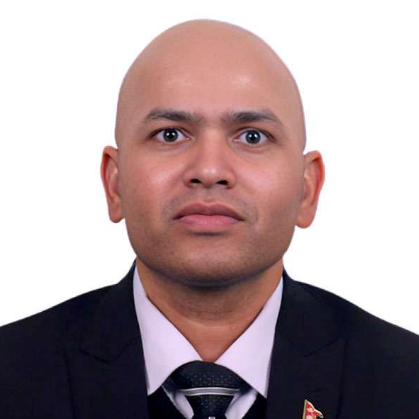
Ghan Shyam Joshi | PhD Student | Mathematics Education
Ghan Shyam Joshi is a first year PhD student studying Mathematics Education in the Department of Curriculum and Instruction. Ghan’s major professor is Dr. Jill Newton.
Where are you from, and what did you do prior to your PhD program?
Before coming to Purdue, I worked as a Mathematics Lecturer for Cambridge University AS and A-Level Program at GEMS School of Higher Institute in Lalitpur, Nepal. I also served as a Professional Development (PD) consultant at Teach for Nepal and the Council for Math Education in Nepal.
Why did you choose Purdue and your area of concentration?
I chose Purdue University for its strong reputation in research and teaching, as well as the opportunity to work with esteemed faculty members like Professor Jill Newton. The Fredrick N. Andrew Fellowship also provided significant support. My passion lies in advancing research in mathematics education to help improve teaching and learning experiences for both teachers and students.
How did you choose your research interests & what are they?
My research interests include mathematics teaching and learning, AI in math education, ICT-integrated pedagogy, curriculum and resource development, teacher professional development, and mathematical thinking. Coming from Nepal, where quality education resources are limited, I’m driven to contribute to building an AI-ready education system that empowers teachers and students.
Tell us about your prior research experiences.
Yes, I conducted research as part of my master’s degree at Tribhuvan University and my M.Phil. degree at Kathmandu University. My research focused on ICT-integrated mathematics pedagogy. Additionally, I participated in an action research project in collaboration with Kathmandu University, exploring how visualization methods can support students in solving mathematical word problems.
Where do you hope to be in 5 years?
In five years, I aspire to work as an assistant professor or researcher at a leading university, focusing on the professional development and mathematical thinking of mathematics teachers in an AI-driven educational landscape.
What advice do you have for other new fellow graduate student researchers?
There’s no exact formula for success, but hard and smart work is essential. Approach challenges with a growth mindset, set clear goals, stay committed, and don’t hesitate to seek help. Build a strong support network and view every obstacle as an opportunity to grow.

Jiayi (Yvonne) Fang | PhD Student | Social Studies Education
Jiayi (Yvonne) Fang is a PhD student studying Social Studies Education in the Department of Curriculum and Instruction. Her major professor is Dr. Chrystal Johnson.
Where are you from, and what did you do prior to your PhD program?
I am from Chengdu, China, the panda’s home. Before starting my PhD, I was an assistant lecturer in a local college.
Why did you choose Purdue and your area of concentration?
Dr. Johnson shares the same research interests in Social Studies Education with me. Additionally, Purdue’s rural environment in West Lafayette, a lovely town, also appeals me.
What are your areas of research interests? What led to your interest in these areas?
I focus on civic education. My grandmother, a teacher, inspired me to pursue this path. A volunteer experience at a Special School during my undergraduate ignited my passion for education. After working for three years as a teacher, I finalized my life goal in the educational field.
Do you have any prior research experience? If so, tell us about it.
I worked as a research assistant on an international project, and now, I am part of a team working on a textbook about children’s games, and it is expected to be completed in 2024.
Where do you hope to be in 5 years?
I want to do a lot of things. I hope to maintain my mental and physical health, and make contributions to my field. Moreover, I will explore fresh experiences I never thought about before, such as writing something for my first newsletters now!
What advice do you have for other new fellow graduate student researchers?
Still getting used to life at Purdue, I find it’s crucial to keep a good sleep schedule. Staying up late and fighting for an essay is fine, but we are running a 4-year marathon!
